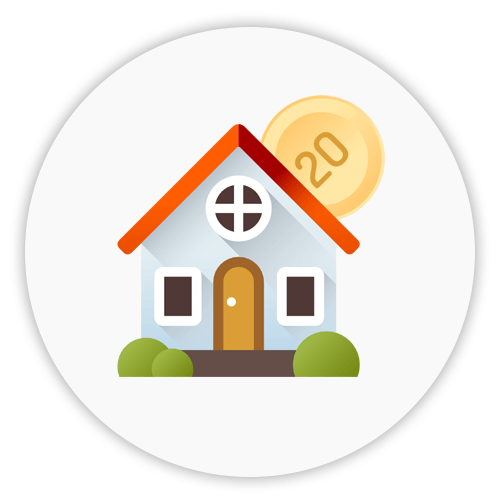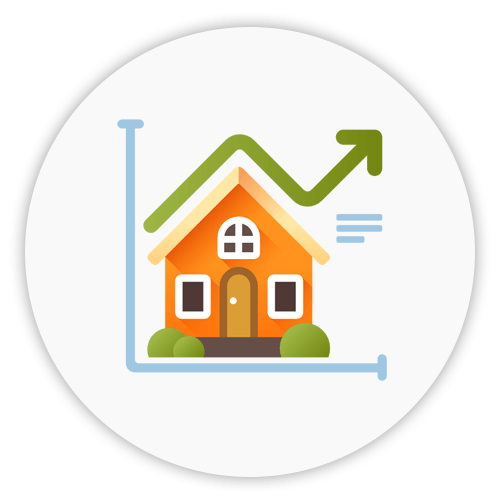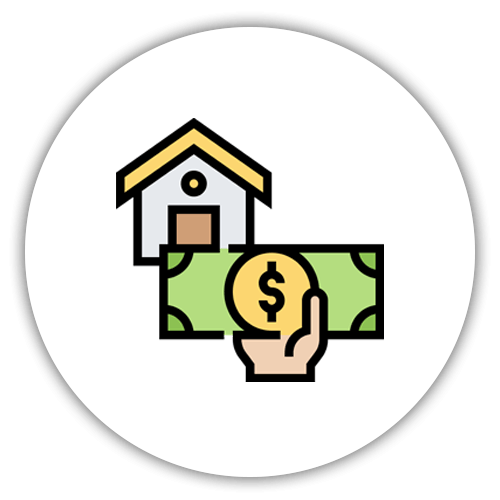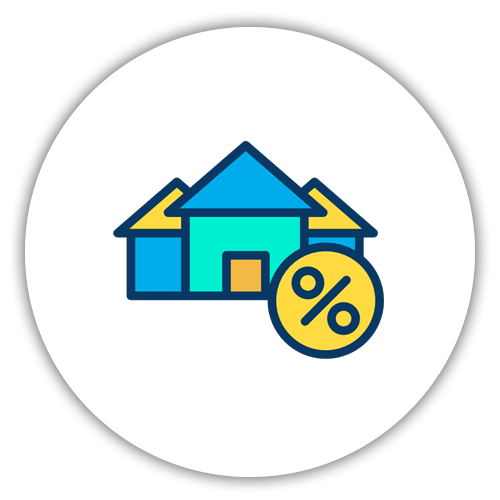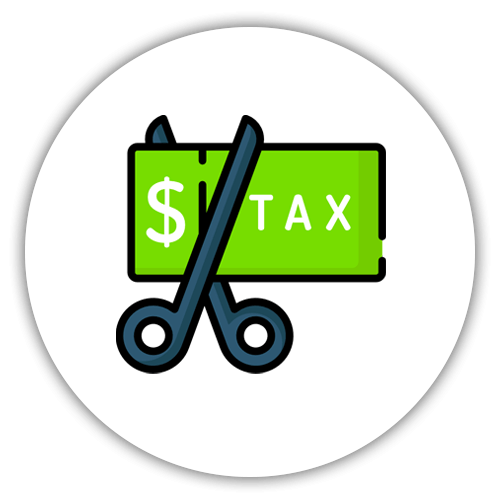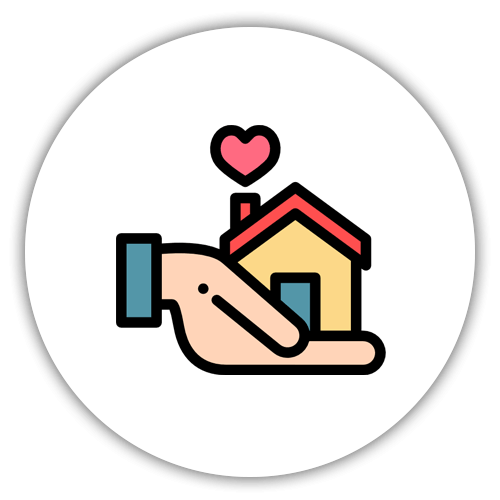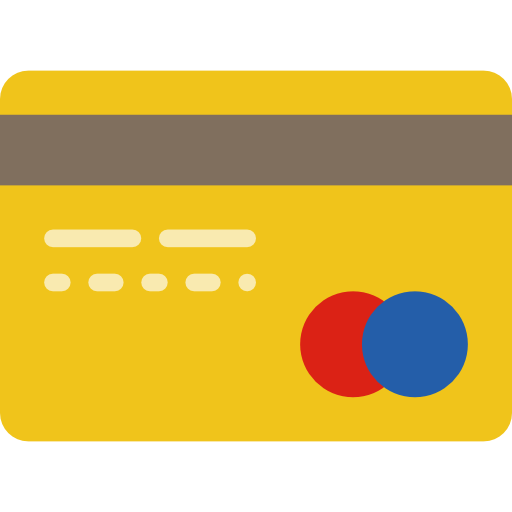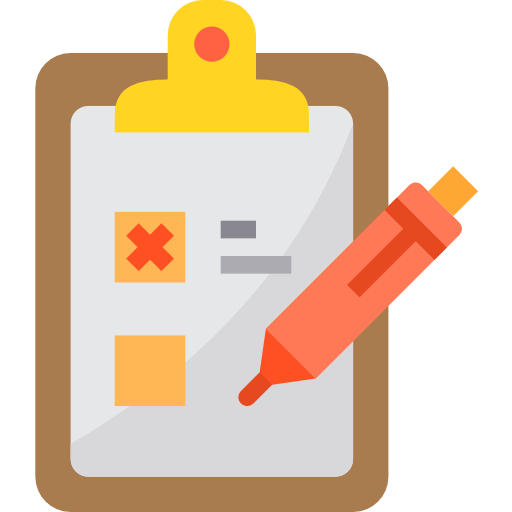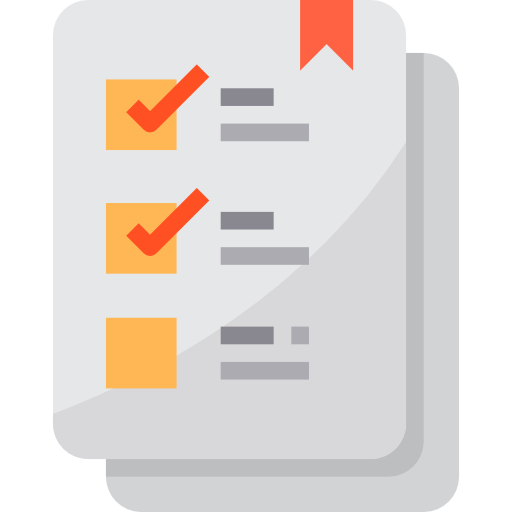GET PREAPPROVED TODAY - CALL US
(724) 934-2800
Guide to Mortgages
Guide to Mortgages
How do I determine which mortgage product will meet my needs?
Everyone’s situation is different. Most people will benefit from consulting with a mortgage professional who is
committed to discovering your needs, and helping you match those needs with a suitable mortgage product.
What types of mortgages are available?
Fixed-Rate Mortgage
You pay the same interest rate and same monthly payment of principal and interest for the duration of the mortgage. The most common terms are 30, 20 and 15 years. Fixed-rate mortgages are best if you plan on being in your home for a while.
Adjustable-Rate Mortgage (ARM)
The interest rate remains unchanged for an initial fixed period, which can range from 6 months to 10 years. Then the rate will adjust up or down annually for the remaining term of the loan based on a specified index. An ARM is a good option if you believe interest rates will go down over the next few years or if you plan on selling the home before the adjustment period begins.
Combination Loan
A loan where you receive a first mortgage combined at the same time with a second mortgage. This option may help you avoid the costs of private mortgage insurance (PMI). The most popular combinations are 80-10-10 (80% first, 10% second, 10% down), 80- 15- 5 (80% first, 15% second, 5% down).
What does a Mortgage Payment Consists of?
The total of these items is known as the PITI (Principal/Interest/Taxes/Insurance) payment.
Qualifying for a Mortgage
Don’t start house hunting until you seriously consider how much you can afford to pay. A little advance planning will save you time and money later, by preventing you from bidding on unattainable houses or applying for loans that are out of your comfortable price range.
How Much House Can You Afford? Many lenders have developed a formula that says you can afford a house worth about three times your total (gross) annual income. Don’t rely solely on this formula, however — it’s much safer to look at your own budget, and figure out how much you have to spare and what the monthly payments on your new house will be (not just on the mortgage — factor in taxes, insurance, maintenance, remodeling plans, and more).
According to institutional lenders, you should make all your monthly payments — toward your house as well as other debt obligations — using no more than 28% to 44% of your monthly income. In other words, if your monthly income is $2,000, the lender would want you to pay no more than $880 (.44 x $2,000) toward all your debts.
Ready to get started?
Contact Sail Cranberry:
(724) 934-2800
sails@sailmc.com
101 High Pointe Drive, Seven Fields, PA 16046
Sail Mortgage Corp
PA Dpt of Banking
License #20459
NMLS# 97809
Contact Pittsburgh:
(412) 892-9068
sails@sailmc.com
Manor Oak Two
1910 Cochran Rd Suite 482
Pittsburgh, PA 15220
© Copyright 2024 | All Rights Reserved | Sail Mortgage Corp. | Equal Housing Opportunity.

